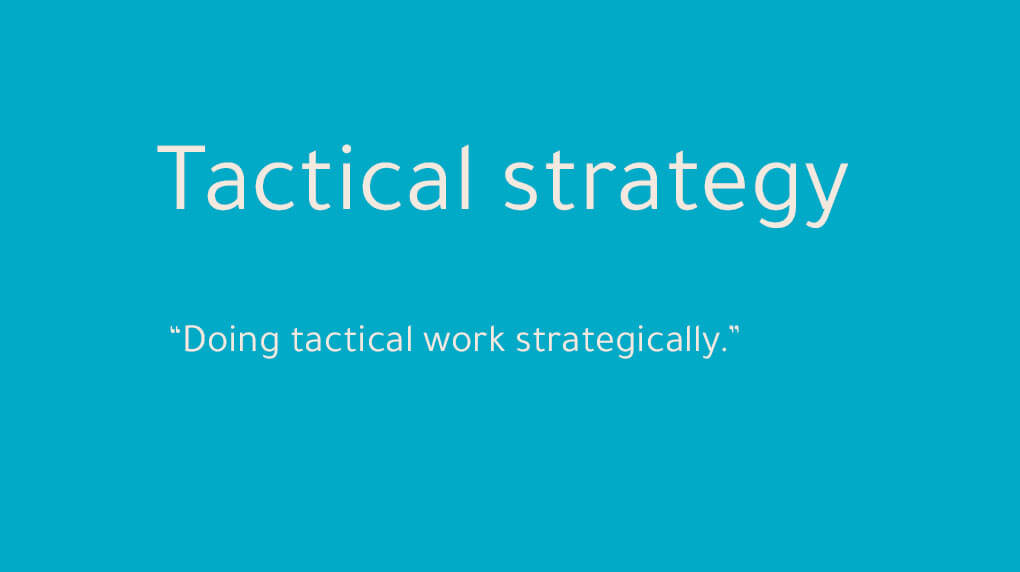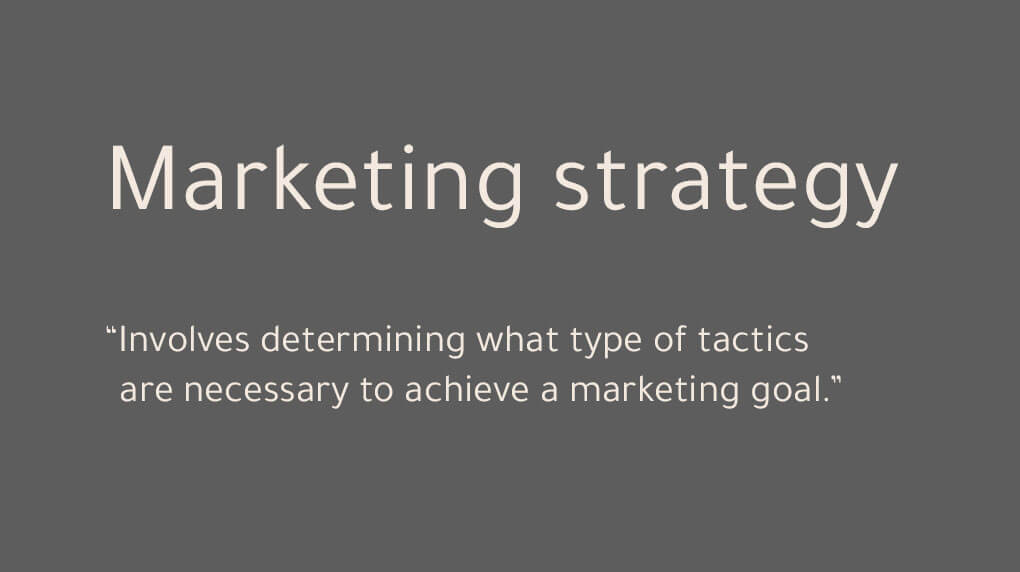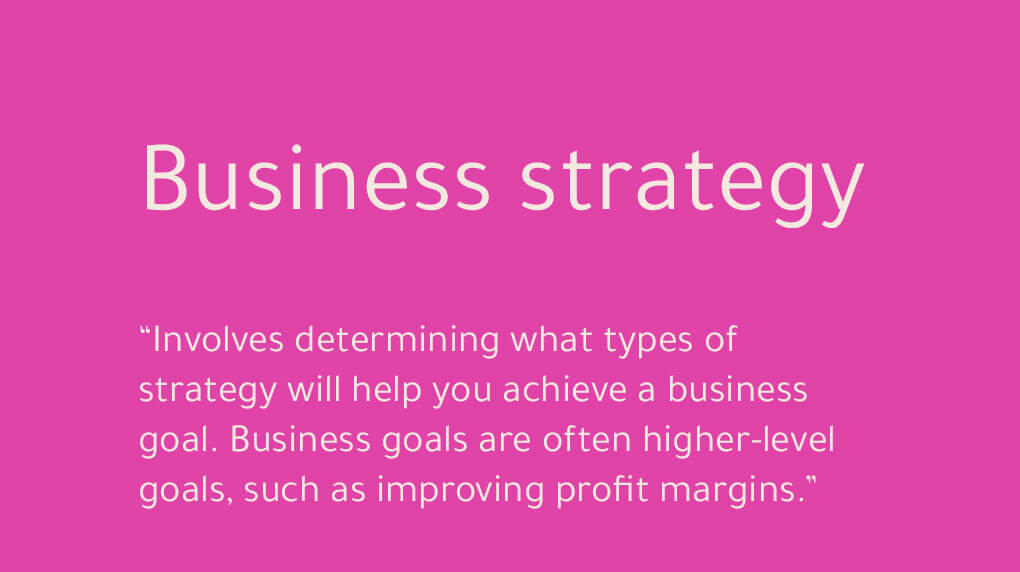Brands and agencies love to use the word ‘strategy’. You’ll hear it in most meetings, notice it hanging off of job titles, and read it splashed across websites. Blogs reference it, social accounts tag it, and we’re pretty sure one of our founders has it tattooed on their bicep.
Ask any marketer, it’s everywhere. It’s through this unceasing presence that ‘strategy’ has become a nebulous concept. In marketing, it can mean different things to different people.
When Major Tom was founded, we were confronted with this ambiguity. We had to consider that our definition of strategy might not be aligned with our clients’. We realized early on that, with all projects, strategy needed to come before execution. This strategy-first approach carries through to today. It allows us to execute the best possible solution for our clients’ organization.
This approach left us with a need to define what exactly strategy means, what it doesn’t mean, and what other people might think it means.
Strategy means different things to different people. Here’s how we look at it:
Strategy is the approach you take to achieve a goal. It is a fleshed-out blueprint outlining a specific approach, one that makes it possible to achieve your goal. You may want to note that this approach could be the amalgamation of two or more separate approaches.
Simple, right? This definition is a strategy catch-all. It's great as a starting point but we needed to break it down further to understand how we could make strategy work for our clients.
After extensive research by our President, Miles Sellyn, we have expanded on what strategy means to us. Below, we use three separate but related terms: Tactical Strategy, Marketing Strategy, and Business Strategy.

Defining tactical strategy
Tactical strategy is as deceptively simple as doing tactical work strategically. This strategy often involves a client asking us to perform a task for them. If a client needed a website built, for example, we would have our web team build wireframes to serve the goal of the website.
This strategy would involve our UI/UX designers creating a site that is functional, user-friendly, and appealing. Our designers decide how to strike a balance between the user, our client, and the market challenges. They consider these three pillars in order to build a relevant and valuable experience.
Tactical execution for this strategy will likely include deciding what platform or format to build on, determining the flow for execution, what the approval stages look like, and how to confirm completion, testing and tracking for success.

Defining marketing strategy
A marketing strategy involves determining what type of tactics are necessary to achieve a marketing goal. With this strategy, your goal may be to increase brand awareness. We would then determine the correct tactics to reach that goal.
This strategy may involve creating compelling content. Then, reaching the right audience with that content through a combination of paid, earned and owned media channels. These tactics could involve creating compelling content that addresses a pain point of your audience. They can also involve smart paid search campaigns to get that content in front of the right eyes. Every tactic works toward the ultimate goal of brand awareness.

Defining business strategy
Business strategy involves determining what types of strategy will help you achieve a business goal. Business goals are often higher-level goals, such as improving profit margins. With these goals, we can determine tactics from many different areas. With this type of strategy, we connect with our clients on their business goals. These high-level goals involve understanding what their business is trying to accomplish.
When considering business strategy, we know that good campaign KPIs improve the customer’s business objective (CBO). For example, if a client’s CBO was to grow their margin by x% YoY in 2020, a beneficial campaign KPI would be to not only generate qualified leads but to also ensure that the definition of qualified includes evaluating their potential profitability.
Why this matters to you and your organization:
Without an understanding of what you’re asking for, you could end up with a Tactical Strategy when really you wanted a Business Strategy. That’s a good way to throw money at a problem, but a bad way to drive your business forward. By first understanding what you want to get from your strategy, you can determine which one you need without wasting valuable resources.
To determine what type of strategy your business needs, you first have to consider your goals. Our discovery process uncovers these goals, which ultimately determines the type of strategy appropriate to achieve them. If you find yourself unclear on what your goals are or how to achieve them, we’re happy to help.